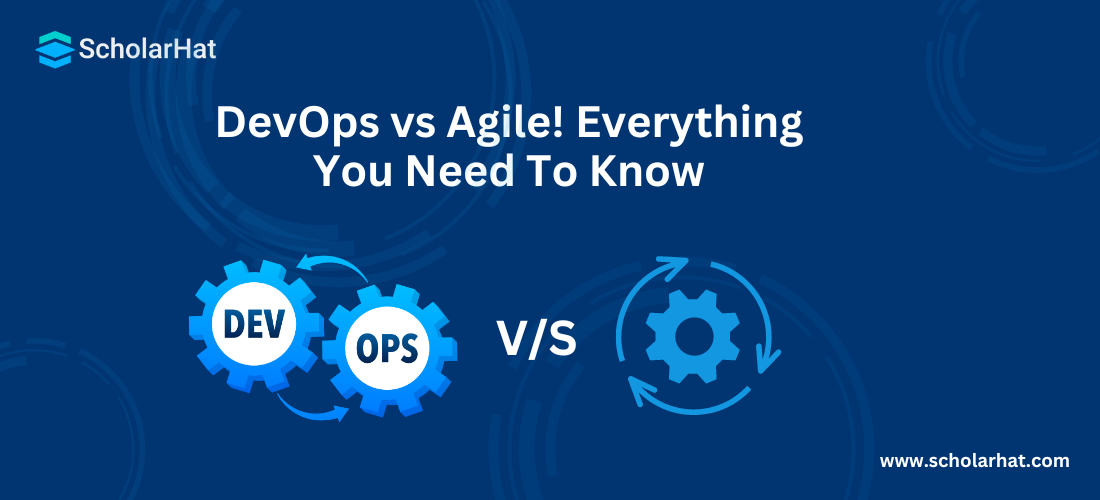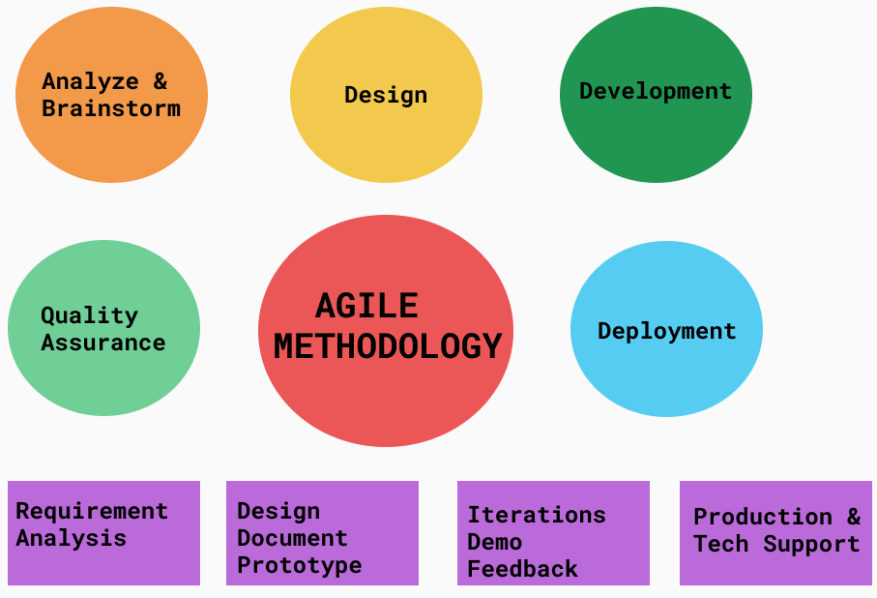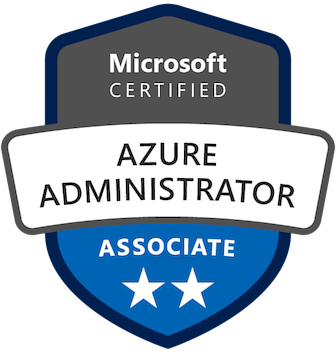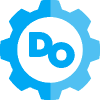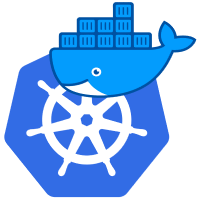25
AprDevOps vs Agile! Everything You Need To Know
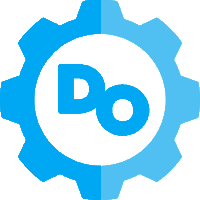
Azure DevOps Course
DevOps vs Agile: An Overview
Incorporating 'Azure DevOps Training'within Agile methodologies enhances this approach by integrating Azure's suite of DevOps tools. This amalgamation empowers teams to not only embrace the agility inherent in Agile practices but also leverage Azure's capabilities to expedite the release of high-quality products and services.
In this DevOps Tutorial, we will talk about:
- Agile
- DevOps
- Comparison between Agile & DevOps
- Collaboration between Agile & DevOps
- Conclusion
What is Agile?
Let us try to define Agile. The literal meaning of Agile is to be fast, to move quickly and rapidly. Let’s fit this in IT and project management terms. Agile is something that helps us to release products and services faster. Release faster will in turn subject to smaller release components. In other words, Agile is a methodology is which small features are shipped in faster release cycles. Responding to change quickly is an important state of Agile, in which requirements, plans, standards, and results are evaluated continuously. A visual representation is given below (Image 1).
What is DevOps?
Now, let us see the definition of DevOps. DevOps is an IT strategy, a culture that combines development, IT operations, and security practices of an organization to produce, support better products and services, keeping in mind greater reliability and fault tolerance. On a high-level DevOps is an amalgamation of Development and Operation Processes. A visual representation is given below (Image 2).
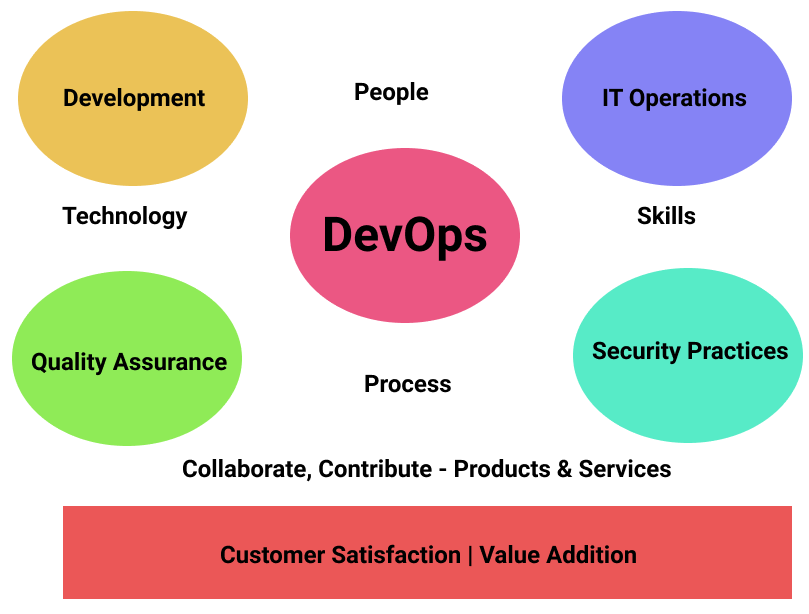
Image 2 – DevOps
To compare 2 entities, we first need to understand what caused the emergence of an entity. Let us try to explore the emergence of Agile and what led to its dominance in IT project management and delivery.
Read More: Azure DevOps Services You Must Know
Emergence of Agile
Initially, we had a Waterfall model of project delivery, in which a large chunk of deliverables was scheduled to be delivered in an expanded timespan, after valid due diligence, requirements assimilation, design, development, QA activities, and users acceptance testing. This was no doubt successful, every sphere was pre-planned. The waterfall model didn’t account for frequent changes, early feedback from the customer. As the clients grew, requirements grew and became more dynamic in nature, the need for change to a more feedback-driven system arose. Feedback driven system tends to give rise to back and forth communication cycles, hence Agile was coined and it emerged. The visual representation is given below for reference and better understanding (Image 3).
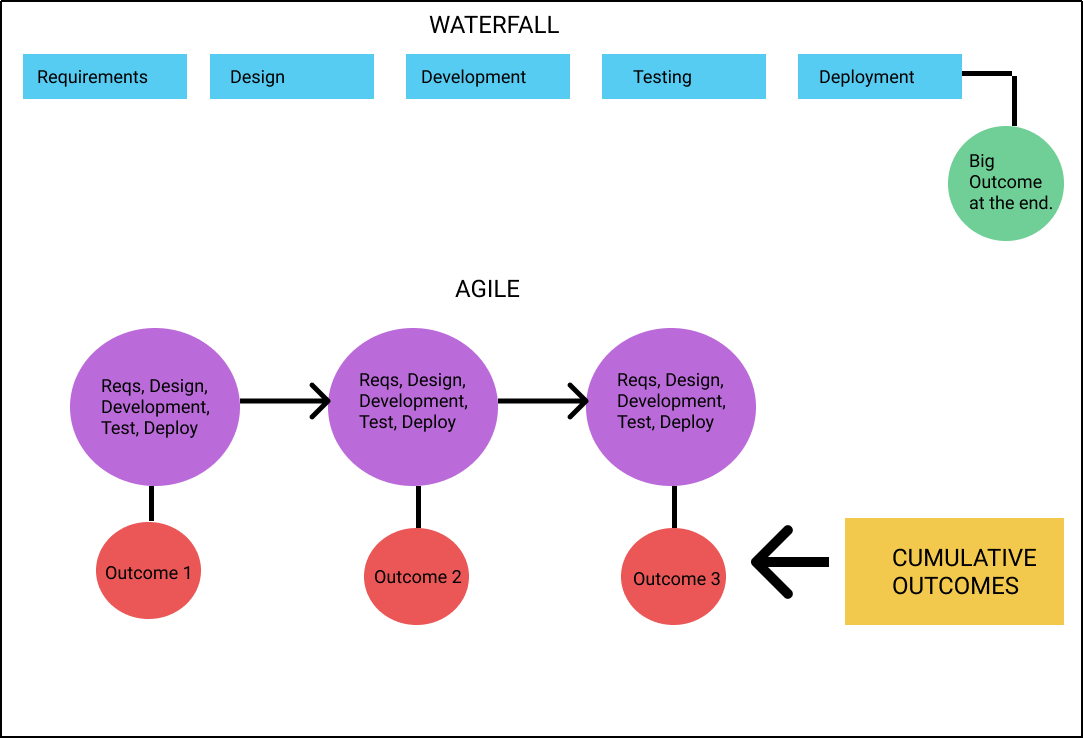
Image 3 – Waterfall vs Agile
Now, we know how Agile emerged, the background behind it; let us try to compare Agile and DevOps. To compare 2 entities, we need certain uniform parameters on which both the entities suffice. Let us look at the comparison based on few parameters.
Comparison between Agile and DevOps
Implementation
Agile is implemented via a framework. The framework can be Scrum, XP, etc. DevOps is not implemented via a framework; rather it is a collaboration amongst devs, IT ops, QAs, security engineers.
Onus and Focus
The focus is on timely delivery with feedbacks in Agile. DevOps focuses on automation, reliability, continuous delivery.
Feedback
Customer feedback plays a vital role in Agile; in fact, evolving customer feedback was the need for Agile to emerge as a methodology. DevOps has team-driven feedback, feedback travels within the team to get better continuously.
Tools Used
JIRA, Active Collab, etc. can be used to implement Agile. DevOps uses a plethora of tools in its every step. Jenkins, Azure Pipelines, Kubernetes, Docker, git, SonarQube, Ansible, Terraform are few examples. A comparison table is presented below.
| Parameter | Agile | DevOps |
| Implementation | Through framework | Through tools |
| Onus | Timely Delivery, Priority on change | Automation, continuous delivery, reliability |
| Feedback | Customer-driven feedback | Team driven feedback |
| Tools Used | JIRA, Active Collab, etc. | Jenkins, Git, Kubernetes, Docker, Terraform, etc. |
| Collaboration | Dev, Ops, Security | Dev, QAs, Customers |
As we have seen how DevOps differs from Agile in terms of implementation, focus, framework, tools used, let us compare DevOps and Agile in terms of betterment and replacement over one another.
DevOps vs. Agile
| Characteristic | DevOps | Agile |
| Focus | It works on collaboration and automation in software development, testing and deployment process | It focuses on software development methodologies |
| Approach | Continuous Integration(CI) and Continuous Deployment(CD) | Iterative and incremental |
| Objective | Main objective is to improve collaboration between development and operations teams | Its biggest aim is to deliver value to users |
| Key Practices | Automation, Continuous Integration (CI), Continuous Deployment (CD), Infrastructure as Code (IaC), Monitoring | Scrum, Kanban, Sprint planning |
| Team Structure | Collaborates between development and operations teams including other stakeholders | It works in cross-functional teams |
| Feedback | Automated testing, monitoring, and feedback loops for quick response | Frequent feedback loops |
| Scope | It includes from deployment, operations to infrastructure management | Primary focus is on development |
| Timeframes | Its continuous delivery results in faster releases and updates | Its development cycles are short |
Is DevOps Agile applied beyond the Software team or collaboration?
We would try to answer the question: Whether DevOps is Agile applied beyond the Software Team, i.e. Can Agile and DevOps collaborate together?
- Agile says We welcome changes, even late in development phase.
- DevOps says We are collaboration between Devs, Ops, Security, and we strive to deliver in a reliable way.
- Since DevOps combines Dev and Ops practices on a high level, Ops needs to work in the same manner as the Devs do, i.e. in an Agile way, welcoming changes late as well. Last minute network patches, resolving security vulnerabilities, change in SFTP servers etc.
- Agile and DevOps work better in combination only when their deeper values are understood, else there will be confrontations.
- Quick but vague understanding causes siloed thinking, i.e. Devs will do only dev work, Ops will do their Ops work. None of them will try to take the ownership and the blame game will start to arise, in case there’s a product/service failure.
- People think Agile is nothing but Scrum and DevOps is nothing but Continuous delivery. Once this thinking broadens and people tend to understand the deeper values/nuances of both Agile and DevOps, the collaboration among them starts to begin and ultimately flourish.
- Last but not the least, the organization has to push for the above, the organization shouldn’t shy away from failure, rather learn from it and move forward.
Summary
I would like to conclude by saying that Agile arose as a replacement for the Waterfall methodology, but DevOps is not a replacement for Agile. Agile works well in many scenarios. DevOps in conjunction with Agile is the best option, provided the organization you work for backs you up. It's clear that DevOps is the principal to combine Devs, Ops, principals, security & tons of other stuff to learn theses skills DevOps online course or an expert mentor require who can help you build CI/CD for your client & projects.
Take our free devops skill challenge to evaluate your skill

In less than 5 minutes, with our skill challenge, you can identify your knowledge gaps and strengths in a given skill.

